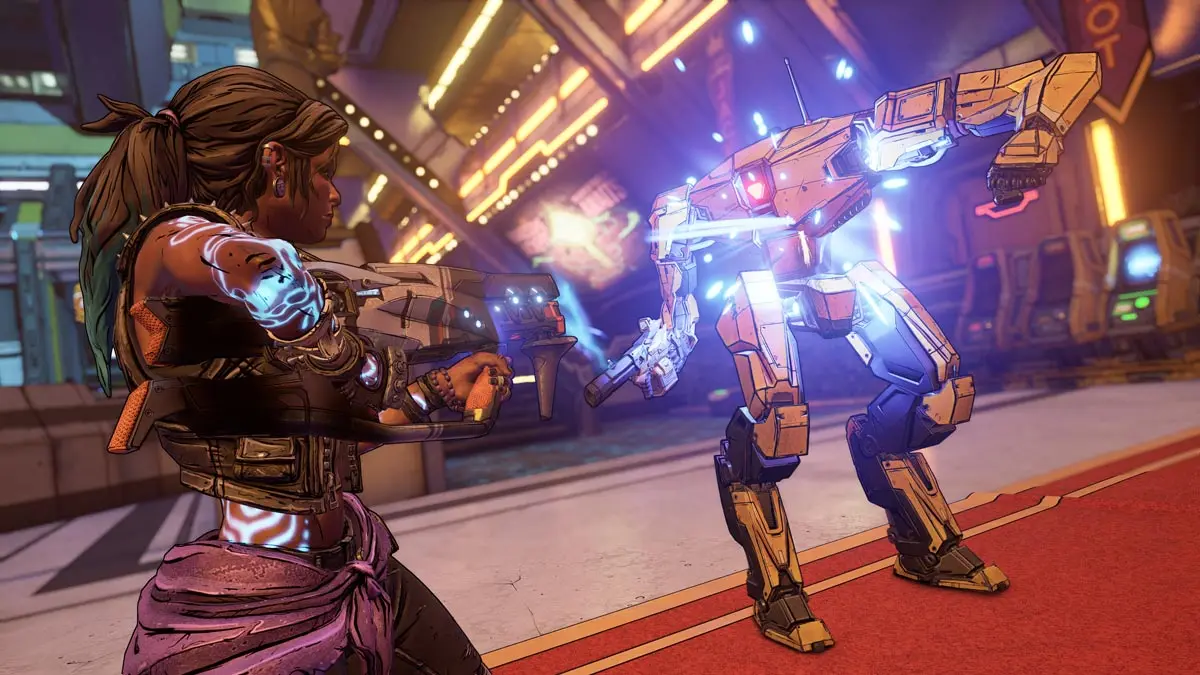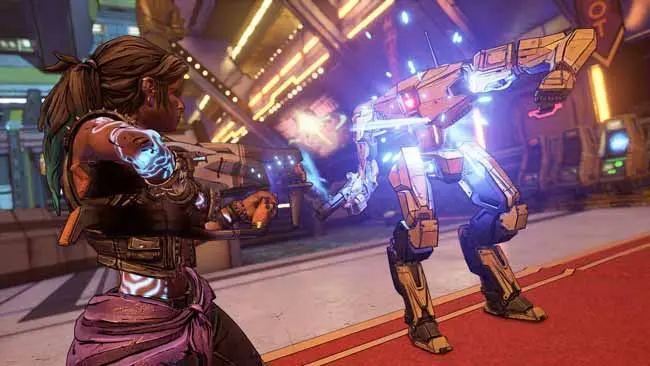
Some Gearbox employees are unhappy with small profit-sharing checks after the successful launch of Borderlands 3, a new report suggests.
Borderlands 3 launched on PC, PS4, Xbox One, and Google Stadia last year. In its first five days, the game sold 5 million copies, making Borderlands a billion-dollar franchise. Just last month, the game was released on Steam.
Despite its apparent success and steady stream of new content, some of the game’s developers are unhappy with royalty bonuses. The new report from Kotaku‘s Jason Schreier highlights the dispute.
Employees at the studio will get small bonus checks, but nothing close to the tens of thousands or even hundreds of thousands that many had expected. This account is based on conversations with six people close to Gearbox, all speaking anonymously because they were not authorized to talk about what happened. Some said it was crushing news that has upended their financial plans for the future.
Gearbox, based in Frisco, Texas, offers its employees below-average salaries for the video game industry, according to more than a dozen current and former Gearbox staff who have spoken to Kotaku over the years. To make up for that, the studio offers something unique: profit-sharing. Royalties from all of the developer’s games are split 60/40, with 60% going back into the company (and its owners) while 40% is distributed to employees in the form of quarterly bonuses. This system has been in place since Gearbox’s inception, and when the company has big hits, it can be lucrative. When 2012’s massive Borderlands 2 came out, many Gearbox workers made enough money to buy houses—a fact that the studio often touted while recruiting new employees.
Gearbox responds
For their part, Gearbox released the following statement:
Borderlands 3 represents an incredible value to gamers and an incredible achievement by the team at Gearbox Software. Our studio is talent-led and we believe strongly in everyone sharing in profitability. The talent at Gearbox enjoys participation in the upside of our games – to our knowledge, the most generous royalty bonus system in AAA. Since this program began, Gearbox talent has earned over $100M in royalty bonuses above and beyond traditional compensation.
In the most recent pay period Gearbox talent enjoyed news that Borderlands 3, having earned revenue exceeding the largest investment ever made by the company into a single video game, had officially become a profitable video game and the talent at Gearbox that participates in the royalty bonus system has now earned their first royalty bonus on that profit. Additionally, a forecast update was given to the talent at Gearbox that participates in the royalty bonus to set expectations for the coming quarters. Gearbox is a private company that does not issue forward looking statements to the public, but we do practice transparency within our own family.
Should game developers unionize?
Labor disputes are becoming increasingly common in the United States. While labor unions have traditionally been more common among blue-collar workers, that’s starting to change.
Kickstarter recently became the first major tech company to unionize. It wouldn’t be surprising to see game developers follow suit, especially as the economy begins to take a nosedive.
Some have argued game developers should unionize to boost pay and negotiate better working conditions, including curtailment of crunch time. However, efforts to form unions in the gaming industry – like most industries – have been met with stiff resistance from management.
By the way, the whole report is worth reading, even if it’s mostly from the employees’ point of view. Head over to Kotaku for the full scoop.
